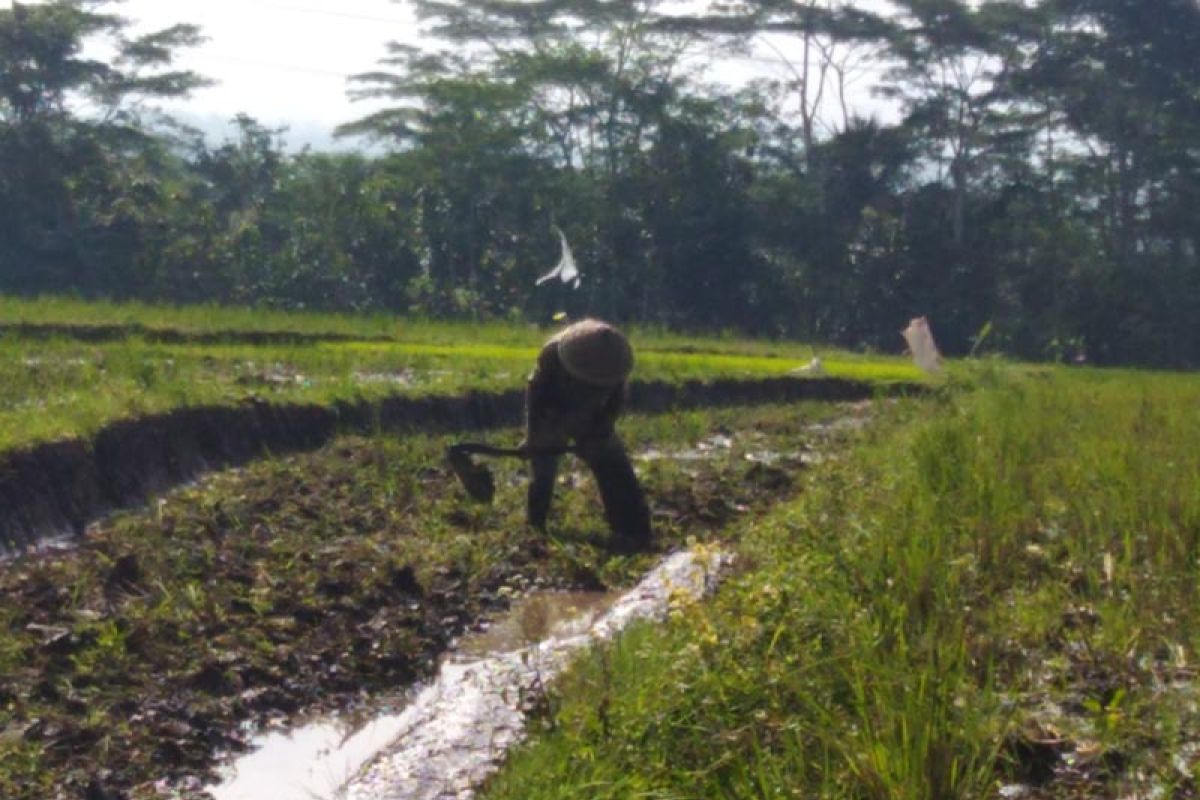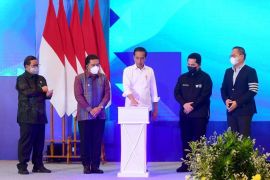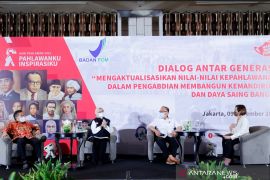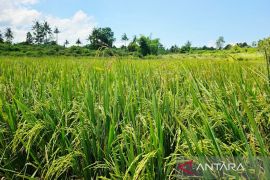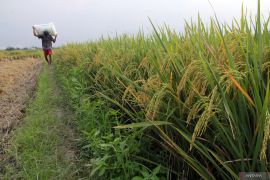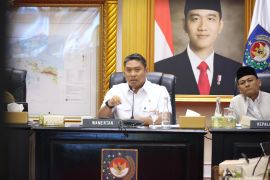On the other hand, the government needs to relax and eliminate tariff and non-tariff barriers in food trade. The barriers will influence investors' interest to enter the Indonesian market.Jakarta (ANTARA) - World Food Day celebrated on Oct 16 offers Indonesia the requisite momentum to assess its policy in pursuit of national food security, Center for Indonesian Policy Studies (CIPS) chief researcher Felippa Ann Amanta stated.
The country requires comprehensive solutions, either domestic- or foreign-oriented, in order to achieve food security, he affirmed here on Friday.
On the domestic front, as mandated by the job creation law, the capacity of domestic farmers and agricultural sector should be boosted in a bid to enhance food production and productivity, he emphasized.
"On the other hand, the government needs to relax and eliminate tariff and non-tariff barriers in food trade. The barriers will influence investors' interest to enter the Indonesian market," he stated.
Amanta cautioned that excessive application of non-tariff measures (NTM), particularly in the sectors influencing public welfare at large, such as the food sector, would have a detrimental impact on the poverty rate, among others.
The CIPS chief researcher noted that the application of various forms of NTM had influenced the prices of food commodities, especially essential ones.
The latest research conducted by CIPS indicated that the implementation of NTM has had an impact on the prices of the country’s food commodities, including rice and meat, he pointed out.
Based on the global food security index issued annually by the Economist Intelligence Unit, Indonesia is ranked 62nd out of the 113 nations surveyed. Consequently, more than one-third of the Indonesian population cannot afford to purchase nutritious foods since they are steeply priced, he stated.
Apart from being causal to raising vulnerability to food insecurity, the high prices also contributed to cases of stunting in the country, he remarked.
Food prices and poverty are correlated since a significant chunk of household spending goes into the procurement of foods.
According to the World Bank, on an average, Indonesian people spent 48.55 percent of their money on foods and beverages.
"This condition makes Indonesian people, particularly those from the low-income group, highly vulnerable to fluctuations in food prices. When the prices go up, people are pushed to the brink of poverty and thereby left to either become poor or starve," he stated.
Related news: Securing regional food resilience dominates agenda at FAO meet
Related news: Other regions can emulate C Kalimantan food estate development: Jokowi
Related news: C Kalimantan's food estate expansion over 30,000-ha land area: Jokowi
Translator: Mentari Dwi Gayati/Suharto
Editor: Sri Haryati
Copyright © ANTARA 2020
